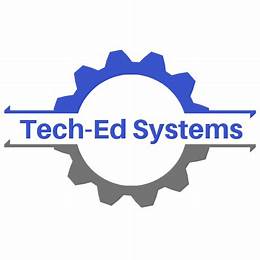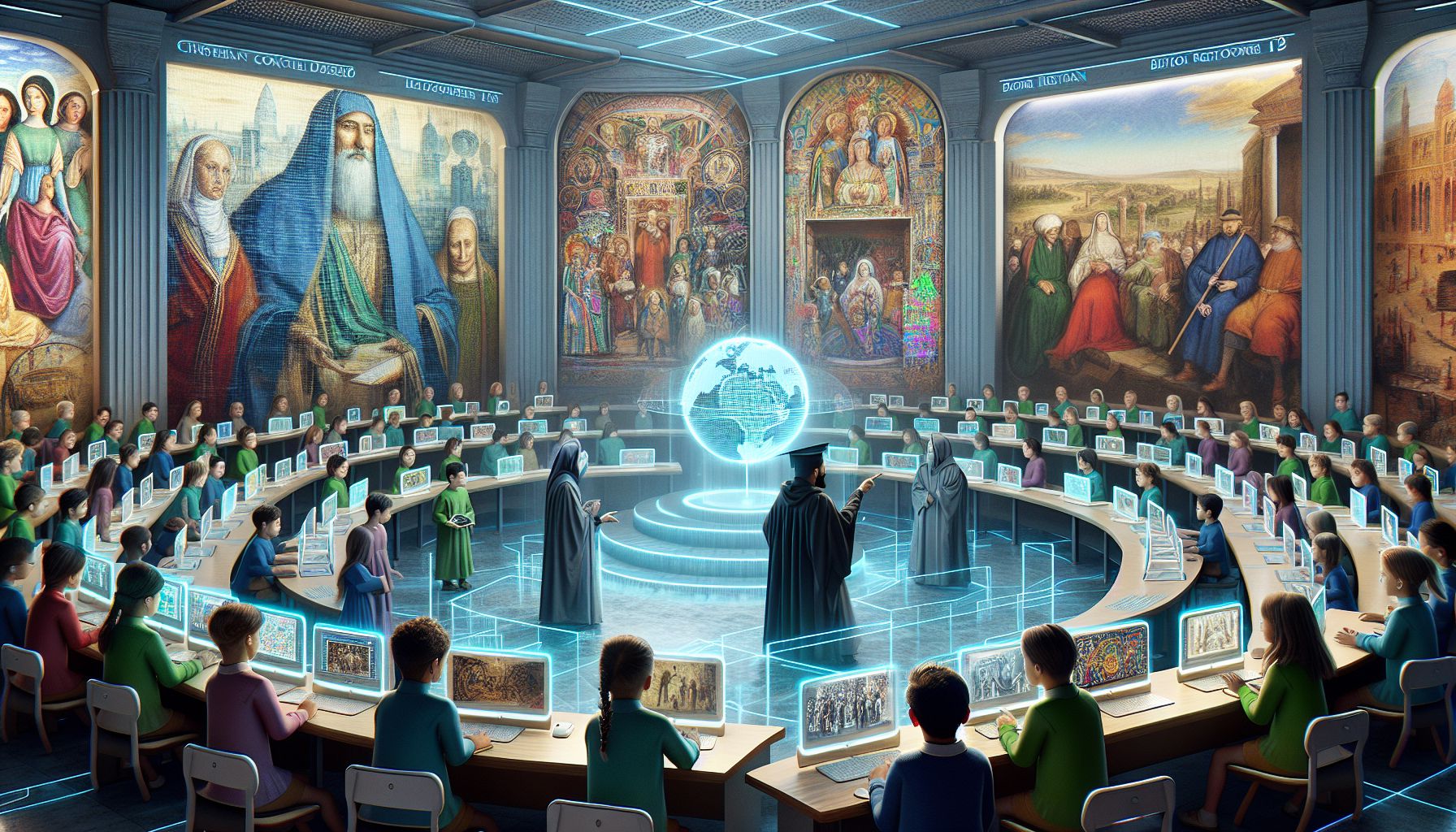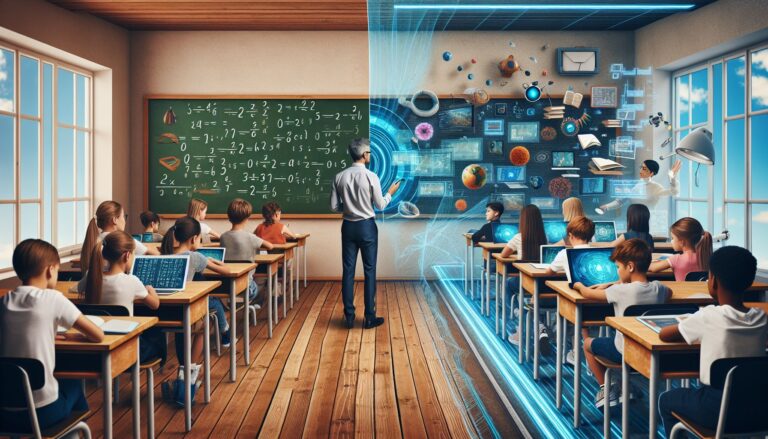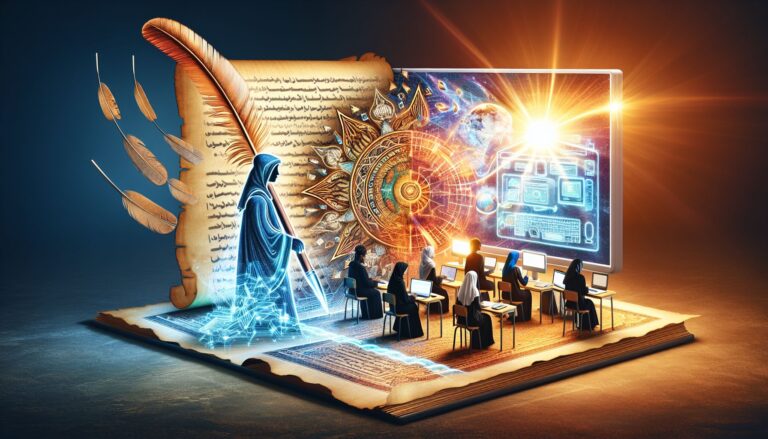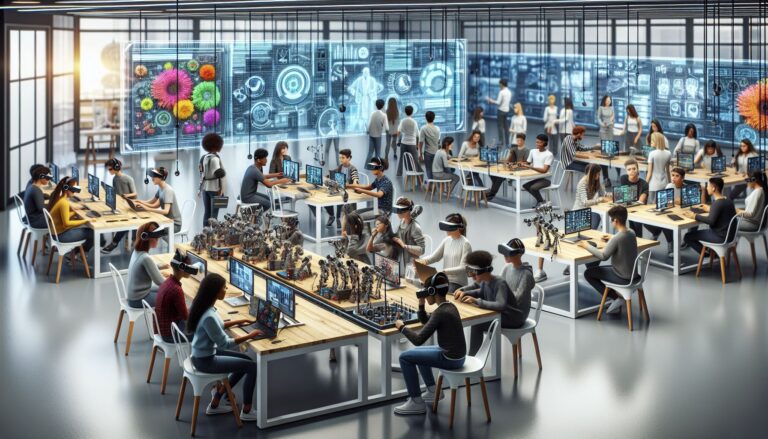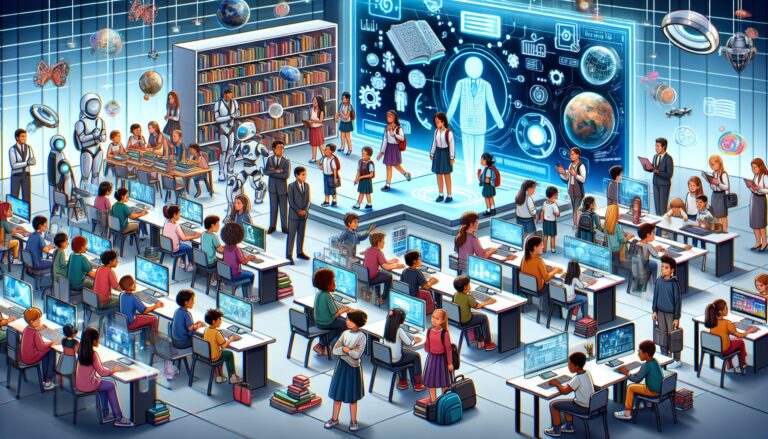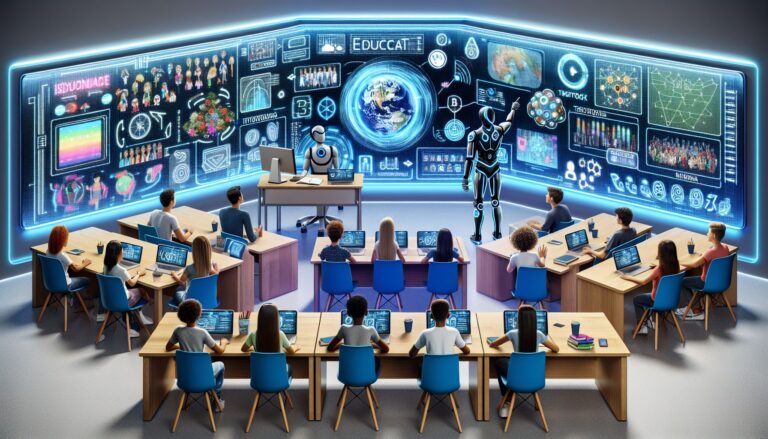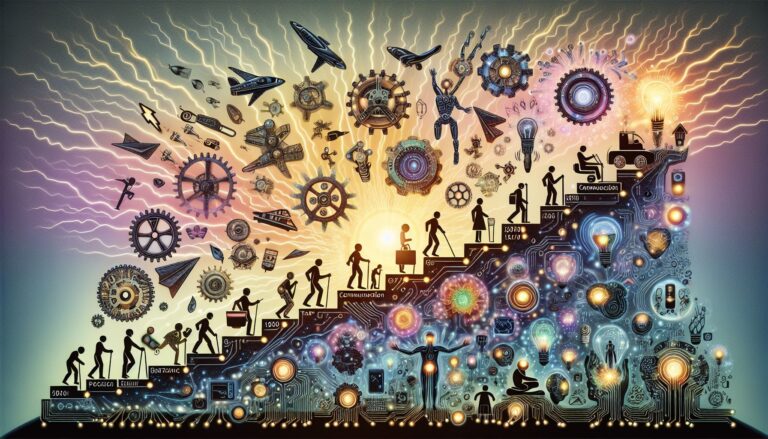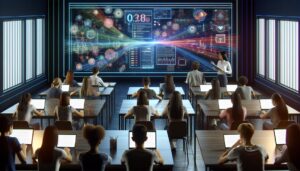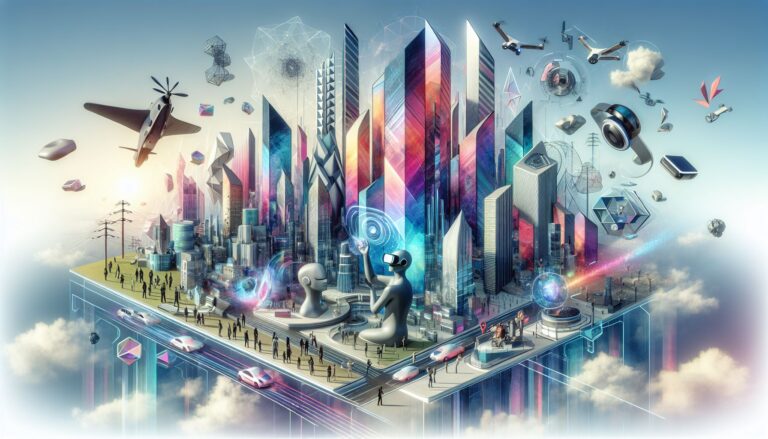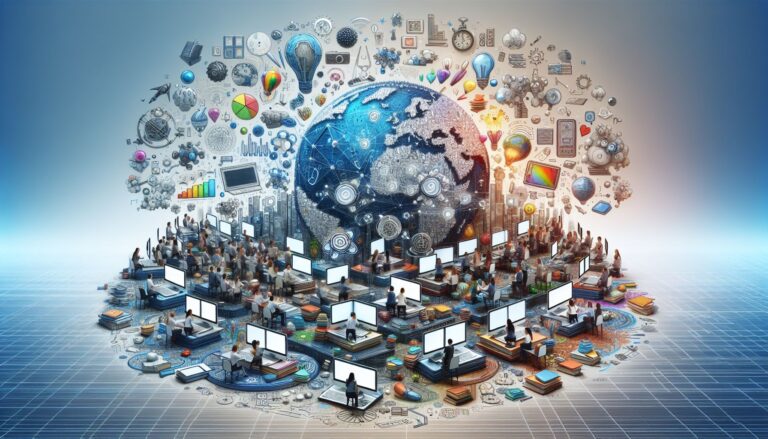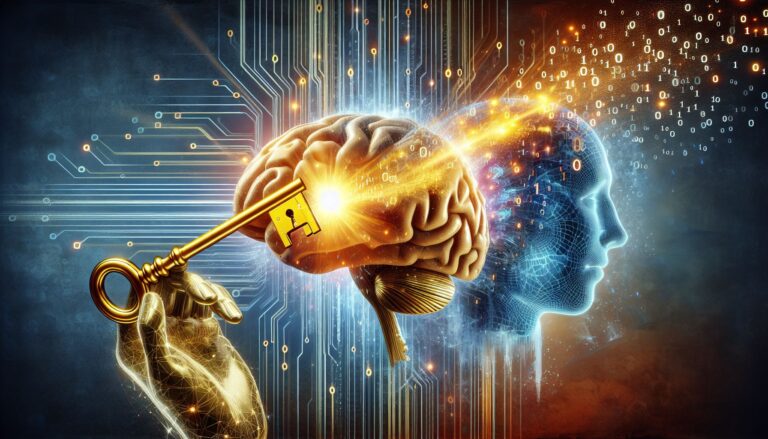In this era of rapid technological evolution, we stand at the precipice of a digital renaissance that’s dramatically transforming the fabric of our professional, personal, and educational landscapes. Just as the groundbreaking inventions of the past catapulted humanity into new epochs of innovation, today’s advancements in technology are fundamentally reshaping the ways we learn, teach, and think about education.
The digital age has ushered in a paradigm shift in pedagogical methodologies, promising a revolution in teaching and learning that is as exciting as it is complex. Education, once confined to brick-and-mortar institutions, is now breaking the mold, transitioning toward a future where learning is continuous, accessible, and tailored to individual needs.
Harnessing Technology to Enhance Learning Experiences
As digital tools infiltrate classrooms across the globe, educators are granted unprecedented avenues to foster engagement and understanding. Interactive whiteboards, e-books, and educational apps are but the tip of the iceberg; these technologies act as gateways to an immersive learning that transcends the constraints of traditional textbooks and lectures.
Yet, with this integration comes the formidable task of ensuring that technology amplifies rather than hinders the educational journey. The careful curation of digital resources is vital. Instructors are tasked with discerning which tools enhance their curriculum, avoiding unnecessary distractions in an already over-stimulated digital ecosystem. Furthermore, an increasing reliance on data analytics in education allows for personalized learning paths, pinpointing areas where students can expand their knowledge and identifying learning styles that optimize individual comprehension.
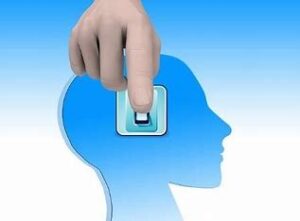 Online Learning: Challenges and Triumphs
Online Learning: Challenges and Triumphs
The proliferation of online courses has enabled people across socio-economic spectrums to access knowledge previously beyond their reach. This democratization of education is one of the triumphs of our time, promising opportunities for lifelong learning, flexibility, and career advancement.
However, digital learning is not without its tribulations. The absence of face-to-face interaction can engender a sense of isolation and demands a high degree of self-motivation. The digital divide poses another significant challenge, as not all learners have equal access to the necessary technology and the internet. Overcoming these obstacles is paramount to ensure that the benefits of online learning are universally accessible.
Redefining the Teacher-Student Dynamic
The digital revolution is also reimagining the roles of teachers and students, who now navigate an educational partnership that is more collaborative than ever. Teachers become guides in a techno-centric landscape, empowering students to take charge of their education through a vast array of online resources, forums, and peer-to-peer learning platforms.
These shifts foster a unique dynamic, encouraging critical thinking and promoting a level of autonomy in learners that previous generations rarely experienced. Students are no longer passive recipients of knowledge but active participants in their educational journey, equipped with the tools to curate their learning experience.
Envisioning the Future of Education
As we contemplate the future, it’s clear that education will not be a one-size-fits-all model but a diverse, rich tapestry woven from various strands of technology and methodology. Virtual reality could transport students to ancient Rome or inside a living cell, providing hands-on learning without ever leaving the classroom. Artificial Intelligence could offer customized tutoring, augmenting the teacher’s role and providing individualized assistance.
In conclusion, the future of education is not just a matter of employing new tools but adopting a new mindset—one where educators and students collectively embrace the digital revolution, navigating its challenges and unlocking its vast potentials. With each technological advancement, we’re not just redefining the way we teach and learn; we’re creating a world where education is boundless, inclusive, and perpetually evolving—preparing our global society for a future that’s as unpredictable as it is exciting.
